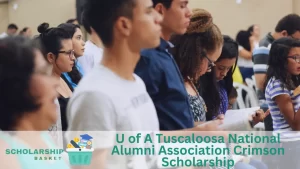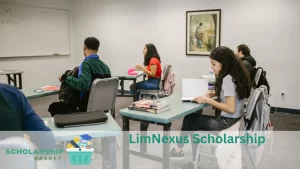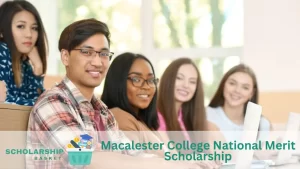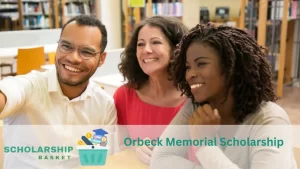This scholarship programme honours the academic and personal successes of young Irish and Irish-American men and women, as well as their civic engagement and passion for preserving their heritage. In order to encourage, promote, and celebrate the cultural and historical achievements of Irish and Irish-American people and groups in Central Connecticut, the Central Connecticut Celtic Cultural Committee (C.C.C.C.C.) was established. The C.C.C.C.C. also sponsors the Celtic Scholars Programme in addition to the Greater Hartford’s Annual St. Patrick’s Day Parade. This scholarship programme honours the accomplishments of young Irish and Irish-American men and women in both their personal and academic lives, as well as their contributions to their communities and enthusiasm for preserving their heritage.




















